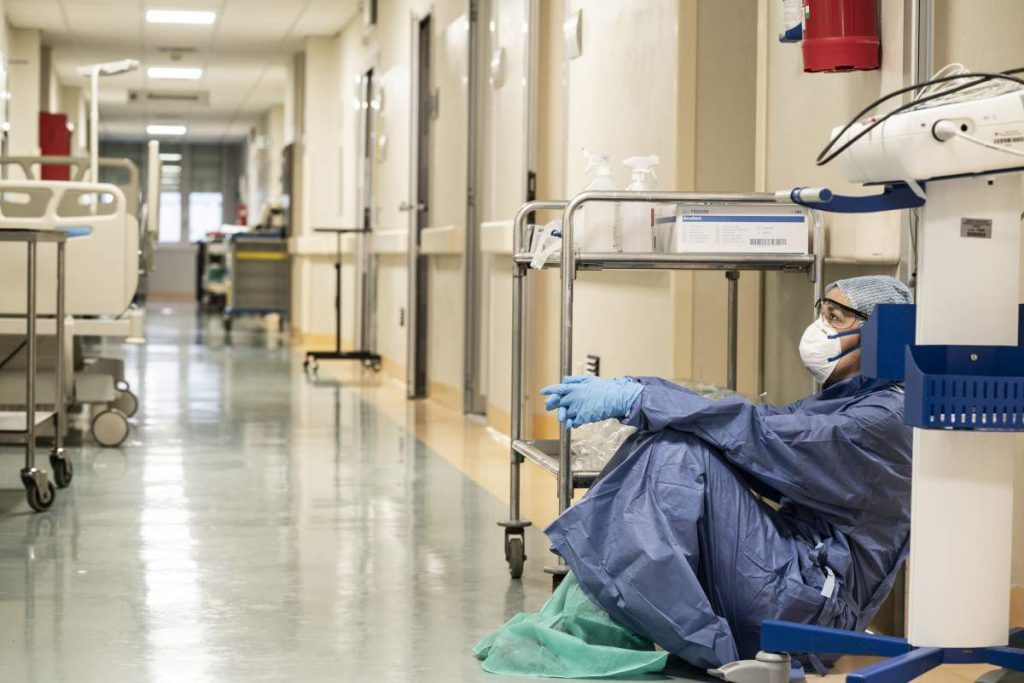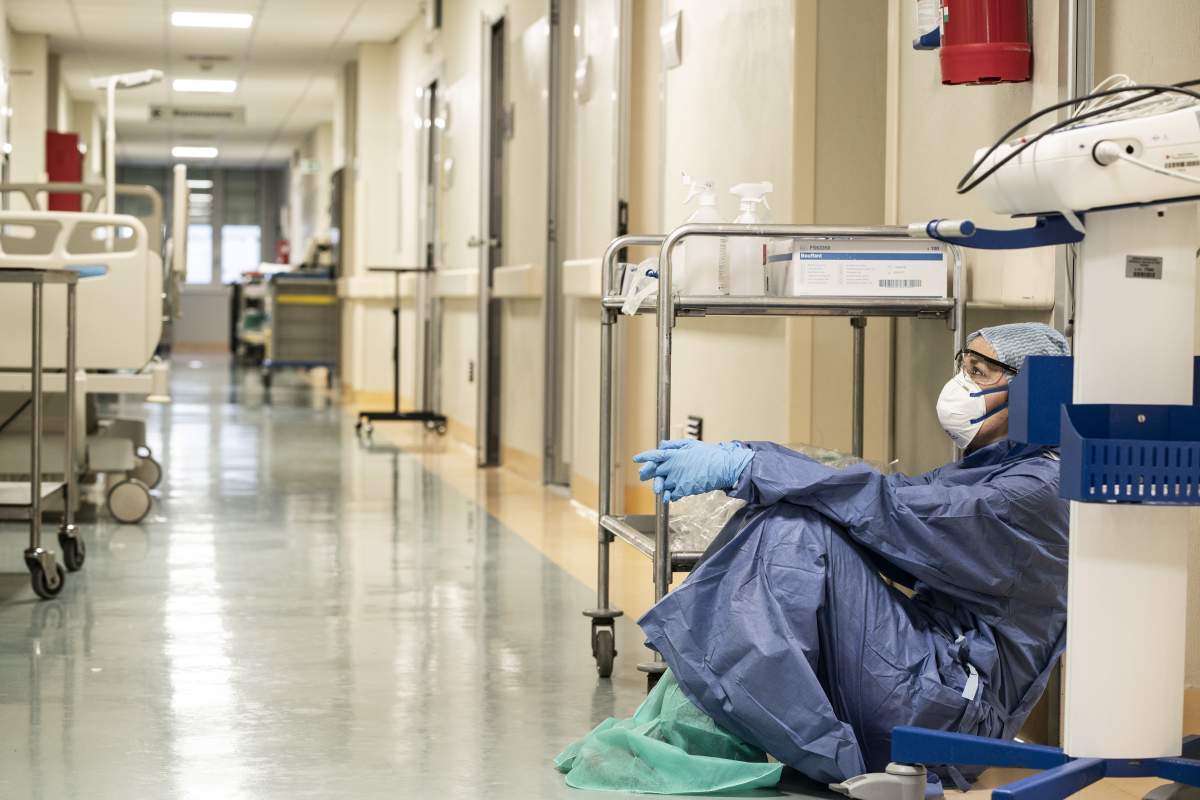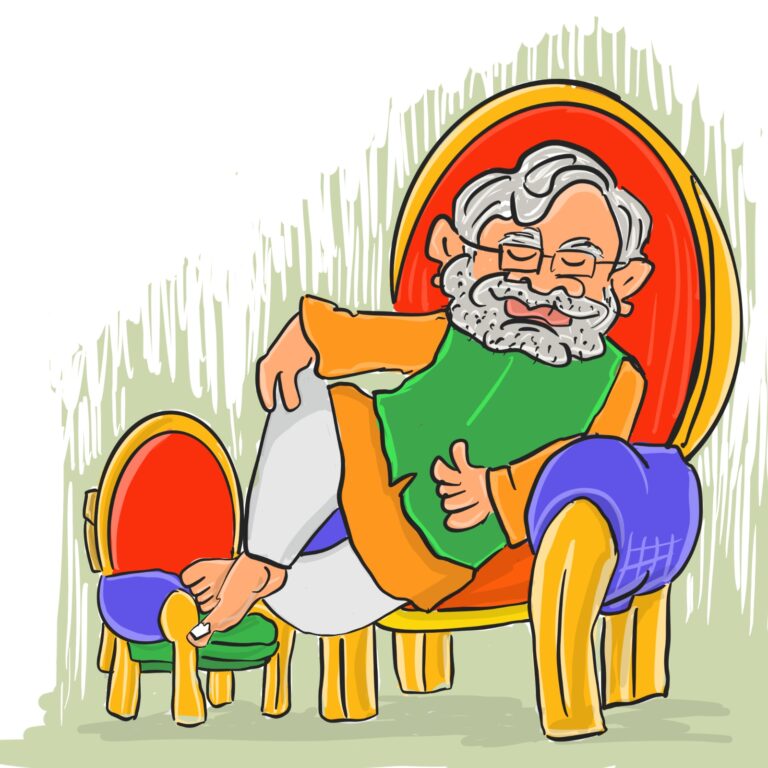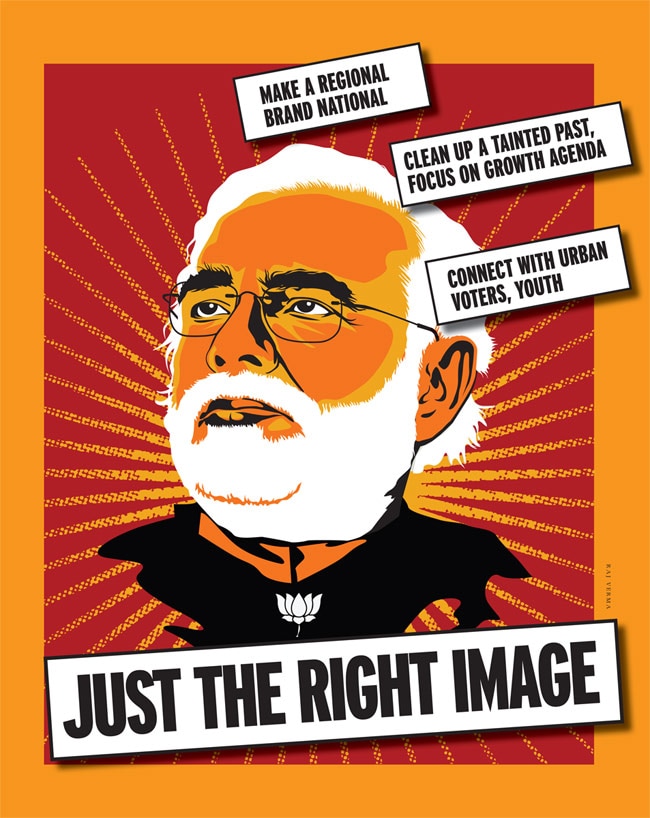Life vs profit: Dilemma of capping COVID treatment prices

Rashad is an Undergraduate student at the Tata Institute of Social Sciences. His main interests lie in understanding what constitutes as normal in societies and why

[responsivevoice_button voice=”US English Male” buttontext=”Read out this Theel for me”]
The continued increase of the Coronavirus cases has left the entire country in complete turmoil. With the beginning of July, India officially crossed the six lakh mark with about one lakh new cases reported in the past five days as per the Union Health Ministry Data. It is abundantly clear that the current public health infrastructure of India is not adequately capable of handling such a pandemic, which is growing worse day by day. In such a situation, what could be the potential role of the private health sector in helping India to navigate through this situation has been heavily speculated upon. In the past few days, we have either witnessed reports of private hospitals being reprimanded by their respective state governments for refusing to accept Covid-19 positive patients or charging exorbitant amounts of money in order to provide any form of medical treatment. With many state governments taking heed of complaints against private hospitals and putting a cap on prices related to Covid-19 treatment, one must explore why, in a sector like health, which, in the present more than ever boils down to a matter of life and death, are attempts being made to perpetuate exploitation.
Health Care in India: A Right
As stated in Article 25 of the United Nations Universal Declaration of Rights, “Everyone has the right to a standard of living adequate for the health and well-being of himself and his family, including food, clothing, housing, and medical care and necessary social services.” Even though the Indian Constitution does not explicitly mention the right to health, the Supreme Court’s interpretation of Article 21, 38, 42, and 47 of the Indian constitution has led it to declare the Right to Health as a constitutional right in line with international law. The right to life and personal liberty is guaranteed in Article 21 of the Indian Constitution, life here signifies an existence with dignity and being able to avail all that is necessary to raise the standard of living. This clearly puts the responsibility of providing adequate healthcare facilities to a citizen on the government. During the governance period of the present National Democratic Alliance (NDA) regime, we have seen extraordinarily little importance given to healthcare. The 2019-20 Annual Union Budget oversaw an allocation of just 2% of the overall amount, and the 2020-21 budget saw a very minuscule rise in what was allocated to the health sector. The current predicament of the public health system is a result of such negligence over the course of many years that transcends the tenure of the current regime.
Difference in Agenda: The Aim of Profitability
The most basic difference between public and private healthcare systems is in their fundamental understanding of healthcare. For the public healthcare systems sponsored by the state, it is an essential right that needs to be provided to each citizen. The providing of healthcare, thus, is an essential social good that is distributed without the thought of earning any monetary returns. This is why we see low prices in public healthcare facilities as the goal is to provide affordable and accessible healthcare to the population. Private health care systems, on the contrary, commoditize healthcare and offer it to the consumer who is the patient and their family. It operates with the intent to accrue maximum profitability with as little intervention from the state. We can see this taking effect in the context of India as investment from the side of the government has stagnated for the worse, allowing private players to attract more patients with better medical infrastructure and facilities. An analysis done in the year of 2017 showed that the hospital firms of Apollo, Fortis, Narayana Hrudayalaya, Max India Limited, and Healthcare Global Enterprises Limited managed an 80% increase in revenue and 68.75% increase in profits over the course of the last five years. This was done through the positioning of private hospitals in mostly urban areas with high-income citizens and a propensity to charge large amounts of money.
Unfortunately, the trend of profit-making and overpricing has not changed in the time of the pandemic. Multiple cases of gross overcharging by private hospitals have been reported over the past couple of months. As a result, many state governments have had to step in to put a limit on the price that can be charged for certain aspects of the Covid-19 treatment. However, there are many issues with the capping of prices as the only intervention is coming from the state governments and not from the center when it comes to private hospitals.
The most important issue which has come up is that private hospitals have never cared to engage productively due to their agenda of profitability, which negates the need for accessibility. As heard in the Prime Minister’s recent speech on July 1st, 80 crores of India’s population would need to be provided with free ration till the month of November. The situation in India is so dire that mass poverty is becoming a pandemic within the pandemic. In light of such facts, the capped prices in private hospitals for the treatment of Covid-19 are still extremely high. In the case of Telangana, just the daily admission tariff into the general ward is Rs 4000; this excludes the additional charges that follow and the significant rise if the patient has to be admitted into ICU. The states in which the capping of prices has been initiated has been done in such a manner that it is still very inaccessible for most of the working-class population of India. It promotes a process of ‘othering’ which dictates access to medical healthcare on the basis of accumulated material wealth.
It is also important to mention that due to certain services and products being excluded from being capped, private hospitals have used this as an opportunity to charge more in those areas. Some hospitals have stopped providing doctors with the necessary protective gear needed to engage with a Covid-19 positive patient. These are all major issues that have arisen since the capping of prices.
The Way Forward
It is clear to see here that there is a difference in agenda between the government and private health care establishments in the period of the pandemic. With issues of malpractice and cases of overcharging seeming to continue. As it is becoming abundantly clear that India’s public health infrastructure cannot handle such a crisis, the only way forward for a country like India is the nationalization of private hospitals. The Central Government must step in and take over as it is the only possible way to provide affordable healthcare to the common people of the country in line with the constitutional promise of Right to Life and Equality. In a country like India, where caste and class inequalities have dictated the distribution of wealth and access of resources, unless the government does not move further than the capping of prices in private hospitals, it will be leaving a significant amount of the population without any affordable medical avenue.
Featured Image Credits: Wikimedia








